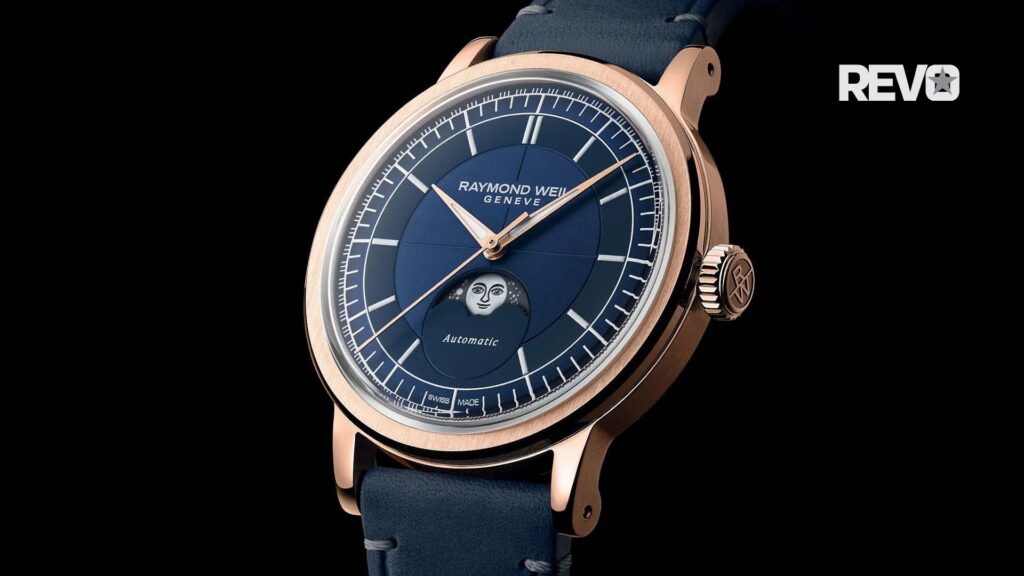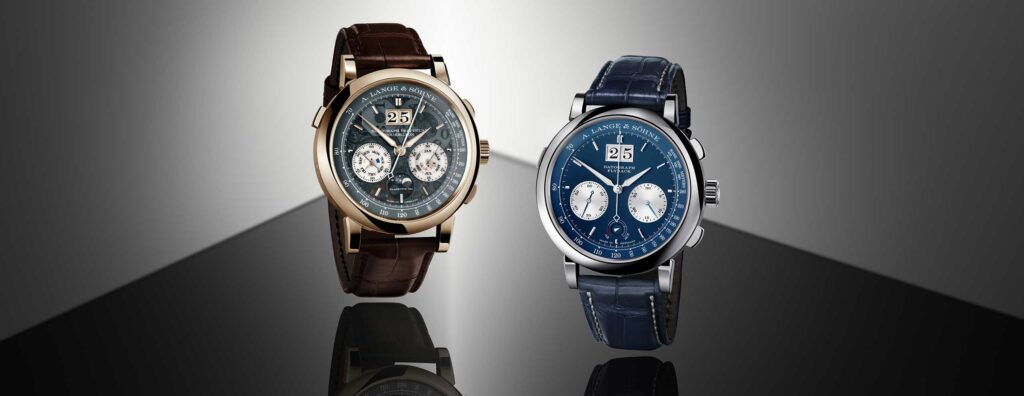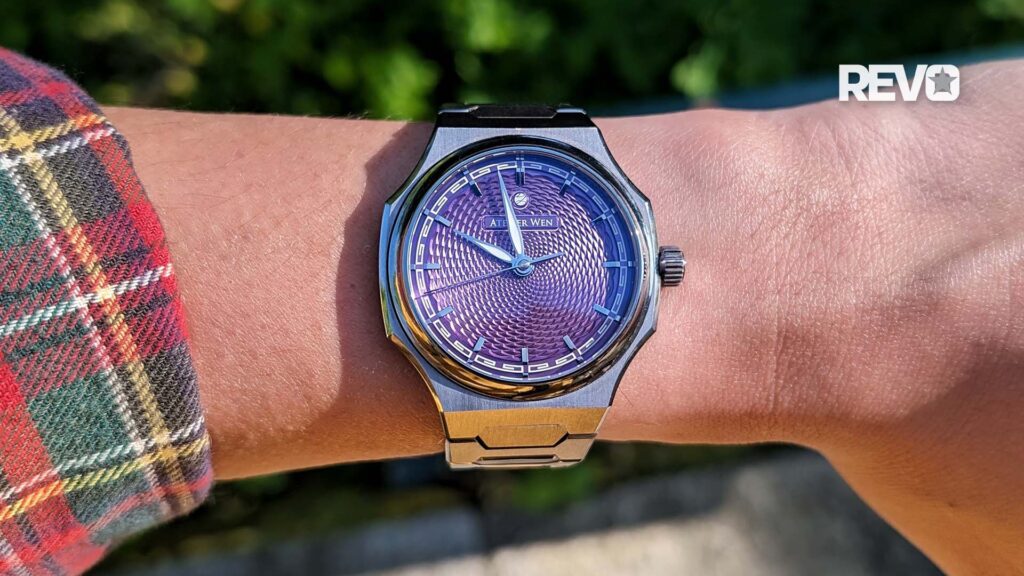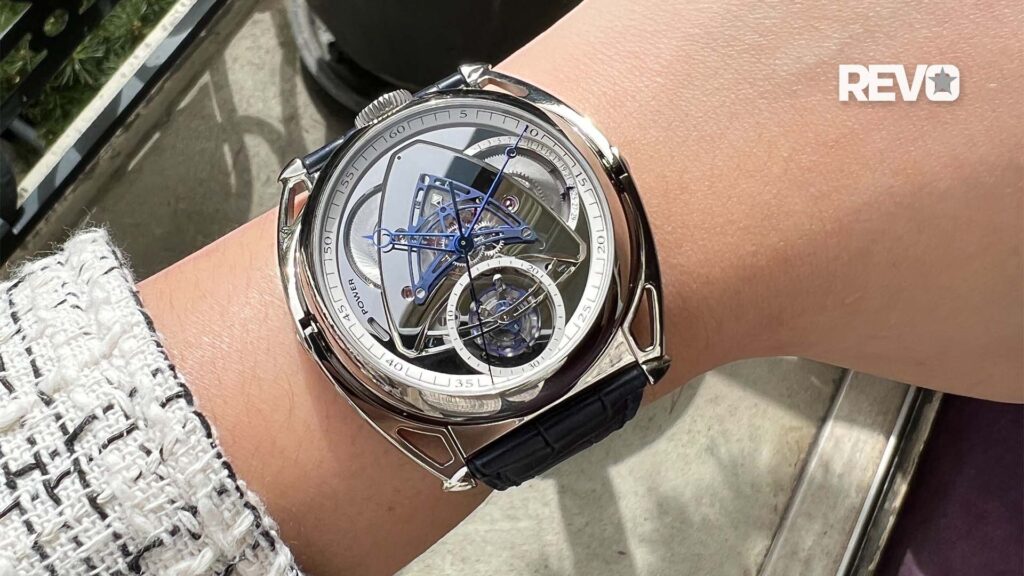Vintage
Past Times: Oliver Reed
Starring roles in Oliver! (1968), Women in Love (1969), The Devils (1971), The Three Musketeers (1973) and Gladiator (2000) were eclipsed by Reed’s numerous arrests for public disorder, drunken appearances on chat shows and incidents such as vomiting over Steve McQueen on first meeting the actor who wanted to work with him in The Sting (1973). In his defence, Reed would say: “I’m not a villain. I’ve never hurt anyone. I’m just a tawdry character who explodes now and again.”
Oliver Reed’s acting career had an inauspicious start. He was an extra in a couple of slapstick Norman Wisdom films and rose through the ranks as an actor in the Hammer Horror film stable, making his first starring appearance in the 1961 film, The Curse of the Werewolf. Reed’s basso profundo voice made him a favourite of schlock film director Michael Winner, with whom he made six movies before his breakthrough role as Bill Sykes in the Oscar-winning musical Oliver!, directed by Reed’s uncle Carol Reed, with whom he had vowed not to work until he was a star.
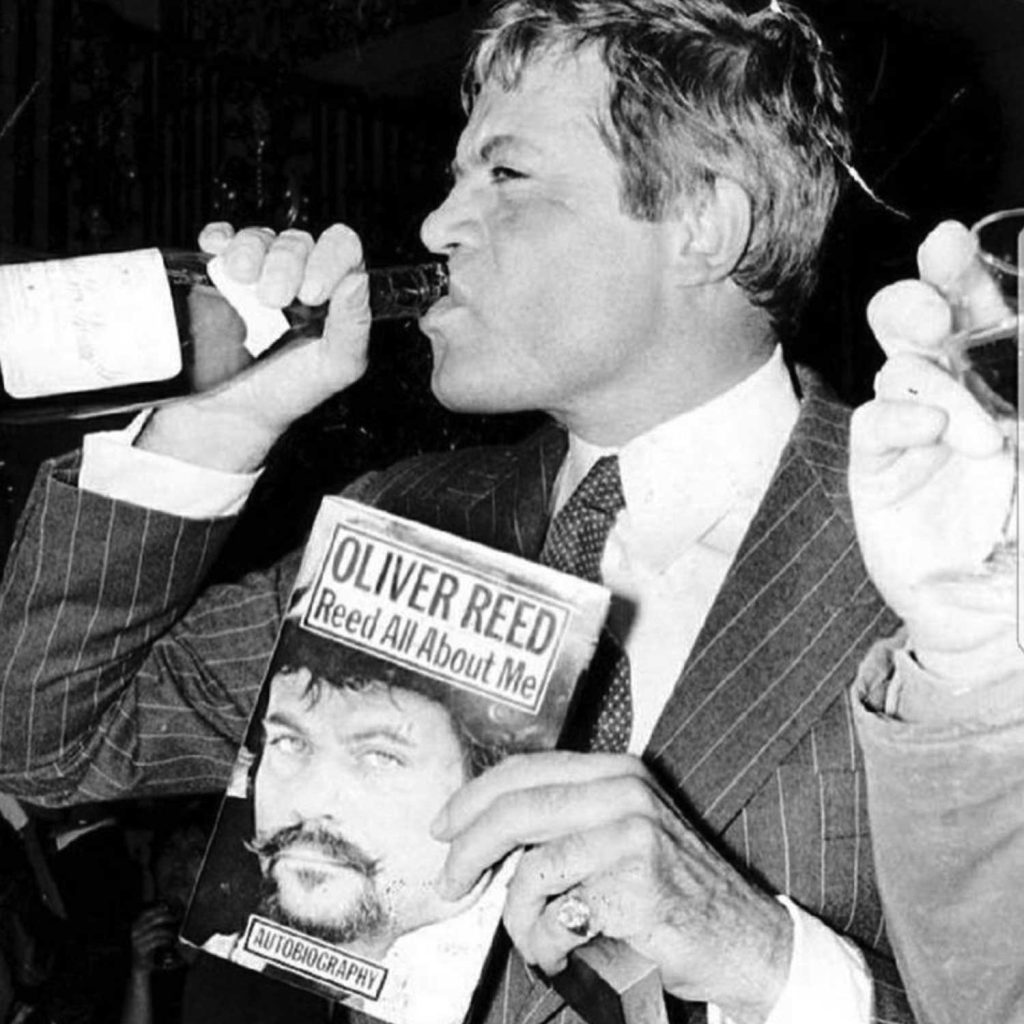
Oliver Reed promotes his 1979 autobiography in his own unique way
First Rate
The menacing Bill Sykes would come to haunt Reed’s casting and it was to him that directors such as Ken Russell came for firsts on the cinema screen. Women in Love was the first film to show full-frontal male nudity, when Reed wrestled with Alan Bates in a scene that he insisted did not end up on the cutting-room floor. He was also the first leading actor to say “fuck”, in the 1967 film I’ll Never Forget What’s’isname, and Sitting Target (1972) was the first X-rated British film for violence.
Despite his hell-raising reputation, Reed was the highest-paid British actor in the late-1960s/early-1970s. Thrice-married Reed had a dinosaur perspective on the role of women. Shelley Winters poured a glass of whisky over his head on the Johnny Carson show when he made sexist remarks such as: “I use women as sex objects; maybe I am kinky.” However, after Women in Love, Reed was considered a symbol of masculine virility and also brutality towards women.
Of his relationship with Ken Russell, Reed would say: “Michael Winner gave me my bread (money) and Russell gave me my art.” His most controversial Russell film was The Devils co-starring Vanessa Redgrave, who played a sexually-repressed hunchback nun who is possessed and does unspeakable things that had the film banned in several countries and X-rated in the UK and US. Reed’s many performances as Athos in The Three Musketeers films were more wholesome, though he almost died when his throat was cut in a fight scene. This was nothing new to Reed. In 1963, he had to have over 60 stitches after a bar-room brawl.
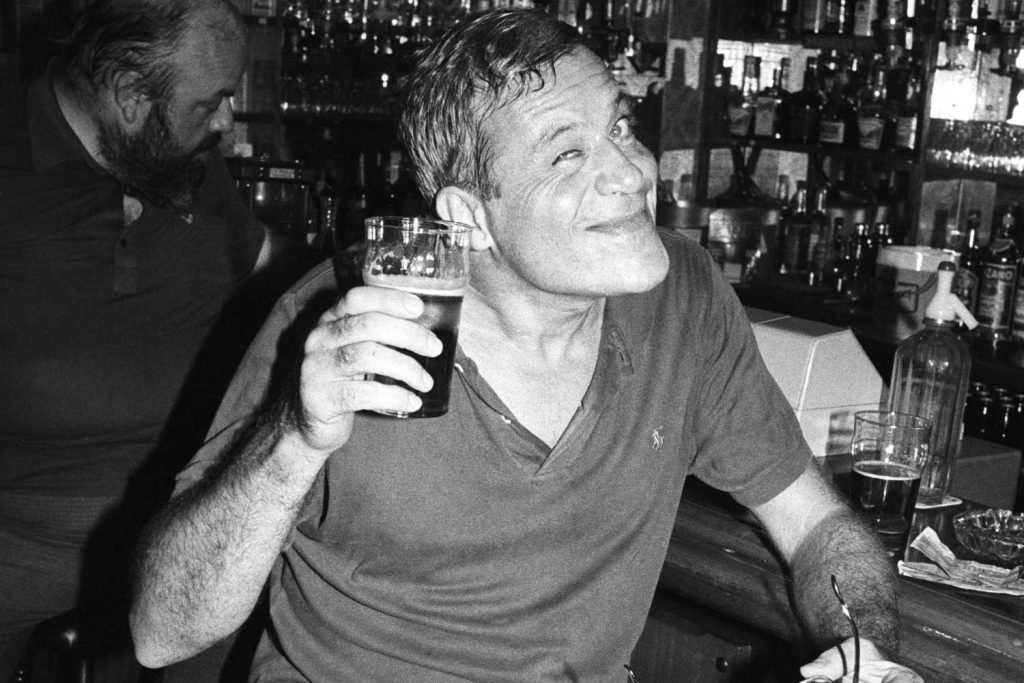
Reed enjoys a drink in 1984
Broken Bonds
Reed lost the opportunity to play James Bond in the 1973 film Live and Let Die because of his hell-raising. As Bond Svengali Cubby Broccoli said: “With Reed we would have had a far greater problem to destroy his image and re-model him as James Bond. We just didn’t have the time or the money to do that.” Actor Robert Shaw said of the Jaws casting: “Reed didn’t turn us down. We turned him down. We like our stars to have respect. Oliver Reed didn’t respect anyone and he showed it.”
Modelling himself on the infamous Hollywood swordsman Errol Flynn, Reed was merciless about stars he didn’t like, referring to Jack Nicholson as a “balding midget”. He did, however, respect the work of Lee Marvin, Rock Hudson and Rod Steiger. He also took a bit part in the 1978 film, The Big Sleep, because he so admired fellow hard-boiled boozer Robert Mitchum. He was less in awe of his own career, saying in his 1979 autobiography, Reed All About Me, “it’s a load of bollocks really,” adding that his mission in life was “shafting the girlies and downing the sherbie”.
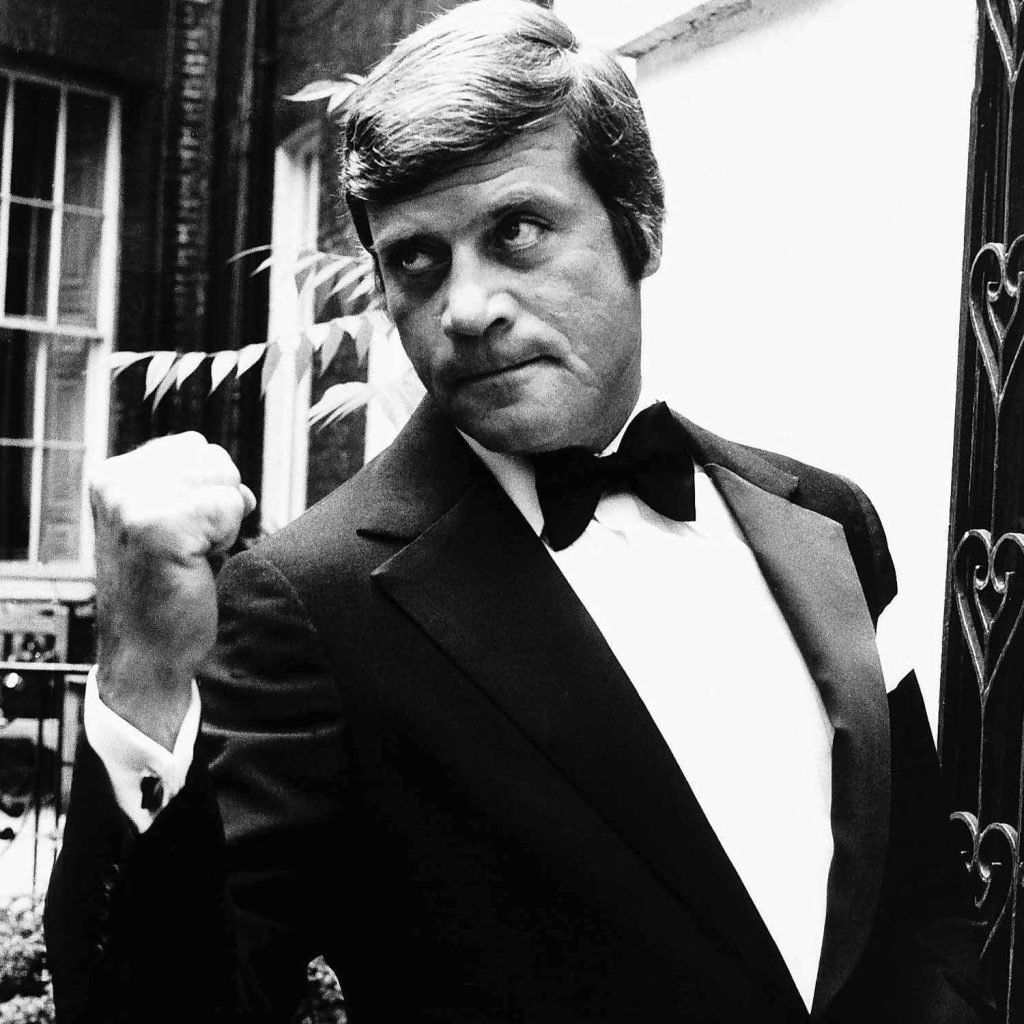
Reed on set in 1977
Pure Gold
At the height of his fame in the early 1970s, Reed was photographed lifting the elbow wearing an Omega Constellation with chunky bracelet that seemed to complement the brash, Bill Sykes persona of a man fond of heavy metal. Reed also owned a Cartier Tank that reflected his position as a Number 1 box office draw before it all began to go wrong. As his co-star and friend Christopher Lee said: “After drink number eight, he became a complete monster. It was awful to see.”
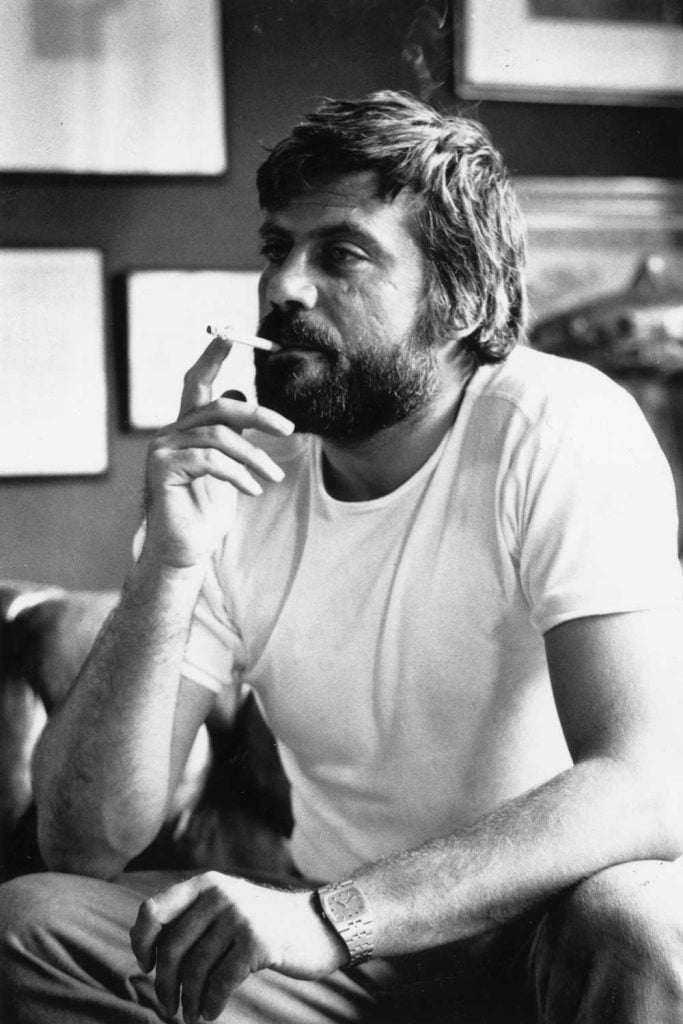
British actor Oliver Reed wearing his Omega Constellation, 1971
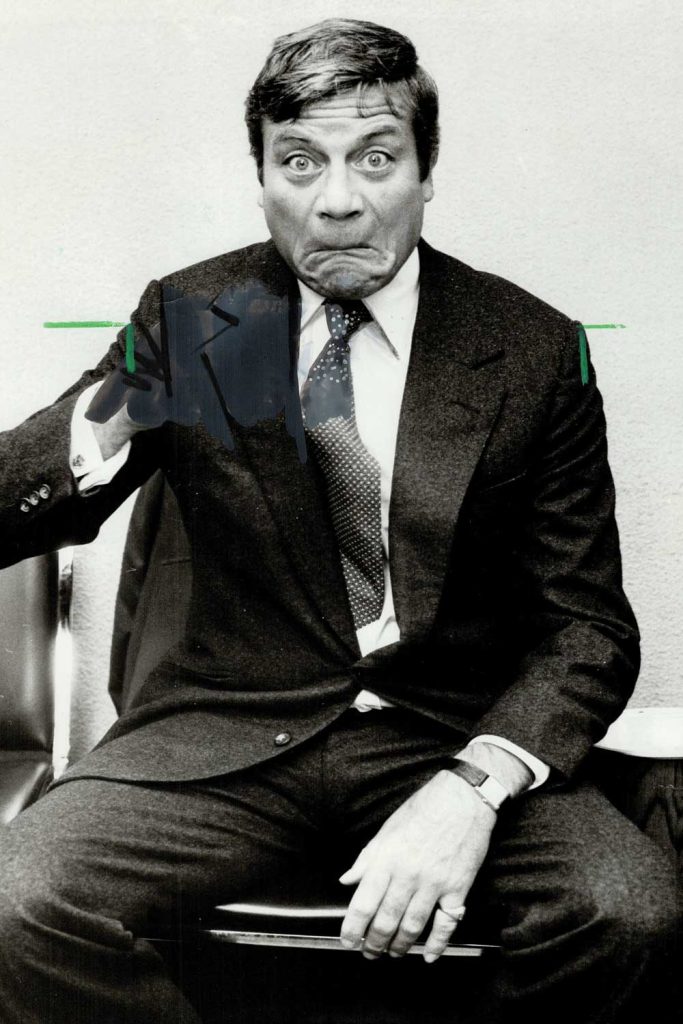
A marked-up TV still showing Reed wearing his Cartier Tank
But alcohol had taken its toll. By 1987, Reed was grossly overweight, suffered from gout and had severe kidney problems that forced him to go sober for a year before launching himself back into drinking with a vengeance. He was fired from films and/or not cast because he could not be insured. He did manage to film a decent role in Terry Gillham’s The Adventures of Baron Munchausen (1988), in which he played the god Vulcan.
Reed made a further 14 films in the 1990s without distinction before Ridley Scott gave him a leading role in Gladiator. Reed went dry for the duration of filming on location in Malta in 1999 until an unfortunate encounter that would kill him. Reed always said: “You meet a better class of person in pubs.” But on this occasion in an Irish pub on Malta he met a group of Royal Navy cadets who challenged him to a drinking and arm-wrestling competition. Reed allegedly drank three bottles of Captain Morgan rum, eight bottles of beer, shots of The Famous Grouse whisky and a bottle of Hennessy Cognac. He died of a heart attack on the spot, aged just 61.
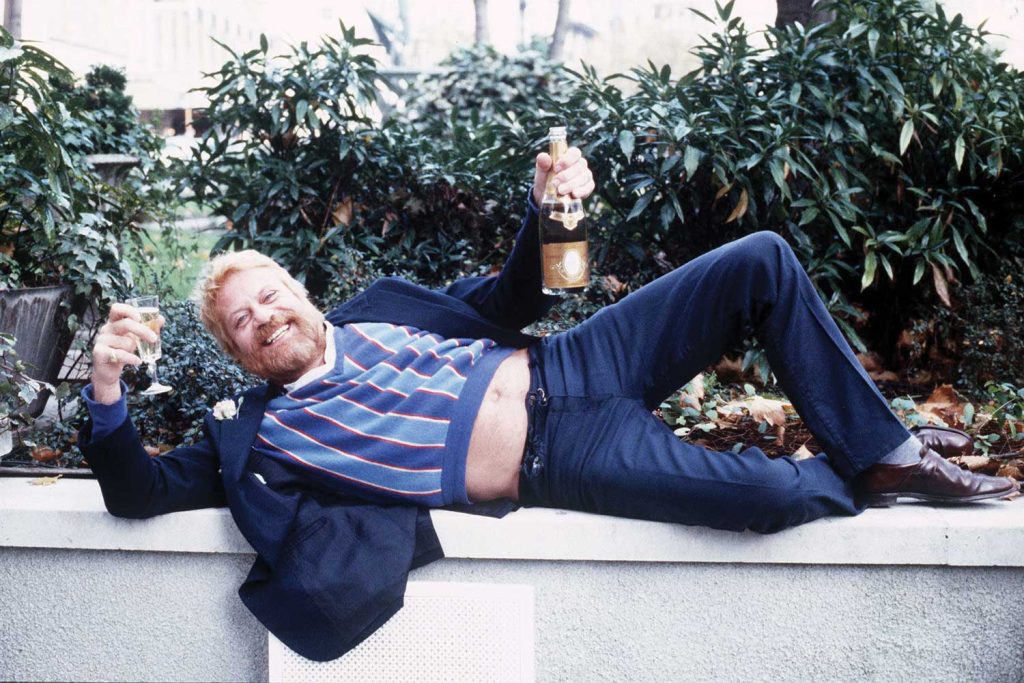
Reed celebrates in London with a bottle of Cristal






